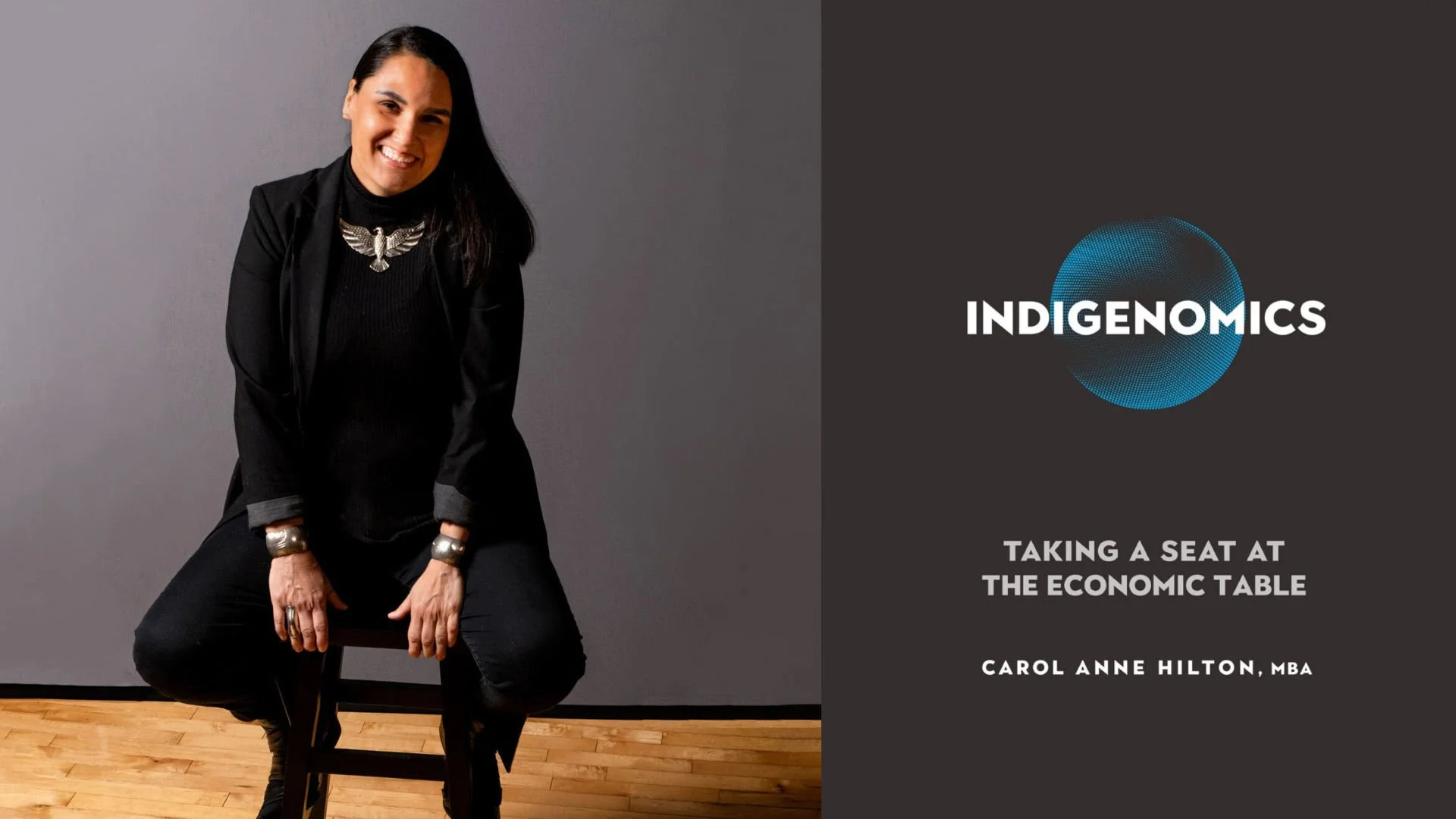Indigenomics
The concept of the wellbeing economy builds on Indigenous worldviews and economic practices that are rooted in a profound understanding of the reciprocal relationship between humans and nature, long-term thinking and community-focused concepts of wealth.
In her book Indigenomics: Taking a seat at the economic table, Carol Anne Hilton (2021) builds on Indigenous knowledge to describe a modern, relational form of economics. She describes ten characteristics of an Indigenous economy. Rooted in tradition and adapted to the present and future, Indigenomics offers age-old guidance for shaping a more sustainable, interconnected, and culturally-rich society.
Ten characteristics of an Indigenous Economy:
-
An Indigenous economy is deeply rooted in its connection to place. This involves recognising and embracing the responsibility to nurture and protect the environment, acknowledging the sacred relationship between the land and its inhabitants.
-
Indigenous economic decision-making is characterised by a commitment to long-term impact and interrelational considerations. It emphasises the interconnectedness of all decisions, recognising the ripple effects that economic activities can have on communities and ecosystems.
-
Indigenous economic models extend their focus to seven generations into the future, and beyond. This forward-thinking approach ensures that decisions made today consider their implications for future generations, emphasising sustainability and resilience over short-term gains.
-
Indigenous economies recognise and respect the inherent value of all living beings, promoting equality in universal relationships. This perspective extends beyond human interactions to include all species, fostering a harmonious balance within the natural world.
-
An Indigenous economy acknowledges the intertwined relationships between the natural and supernatural realms. It values the spiritual aspects of life, recognising that economic activities are inseparable from the cultural and spiritual identity of the community.
-
Reciprocity is a foundational principle, where the give-and-take between individuals, communities, and the environment is balanced. This principle encourages a sustainable exchange of resources and acknowledges the interconnectedness of all elements within the economic system.
-
Indigenous economies focus on restorative and regenerative practices, emphasising the renewal and revitalisation of ecosystems and communities. This approach stands in stark contrast to exploitative models that deplete resources without regard for regeneration.
-
An Indigenous economy values moderation, taking only what is necessary for the wellbeing of the community. This principle discourages excessive consumption and waste, promoting a harmonious balance between human needs and the capacity of the environment to provide.
-
Indigenous economic models emphasise interdependence among communities and assert economic sovereignty. This ensures that decisions affecting the economic wellbeing of Indigenous peoples are made by the community itself, fostering self-determination and cultural autonomy.
-
Wealth, in the context of Indigenous economies, is measured through relationships and community wellbeing across time. Prosperity is not solely defined by monetary value but includes recognition, protocol, ceremony, exchange of gifts, and the equitable distribution of resources.
References:
Hilton, C.A. (2021). Indigenomics: Taking a seat at the economic table. Gabriola, British Columbia: New Society Publishers.
Image source:
https://carolannehilton.ca/

